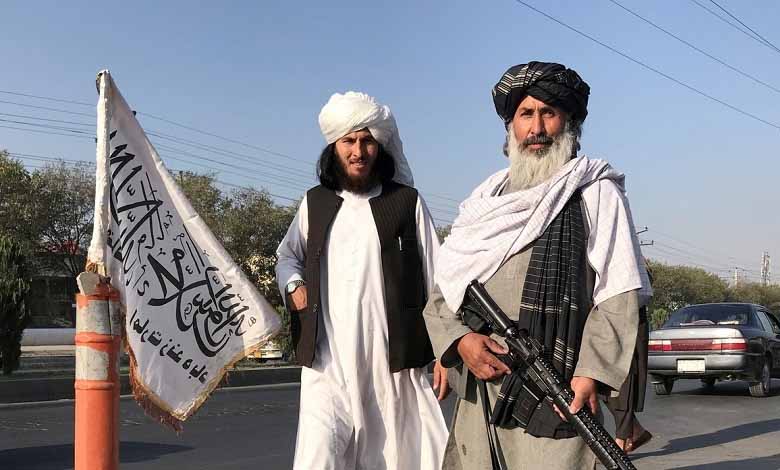Washington-Taliban Talks in Qatar… These Are the Key Points

Even though the militant Taliban movement has not been officially recognized by any state since its return to power in Afghanistan in 2021, a U.S. delegation met with representatives of the Afghan central bank and the Afghan Ministry of Finance in Doha to discuss the state of the Afghan economy and the challenges facing the banking sector.
On Monday, the U.S. State Department stated that American officials informed the Afghan Taliban that Washington is open to holding technical talks to discuss ways to achieve economic stability and to engage in discussions on combating drug trafficking. This came two days after talks between the two sides in Qatar.
The State Department’s statement noted that the U.S. Special Envoy for Afghanistan, Thomas West, led the American delegation, along with the U.S. Special Envoy for Afghan Women, Girls, and Human Rights, Reena Amiri, and the head of the U.S. mission to Afghanistan based in Doha, Karen Decker.
The State Department further explained that the U.S. officials identified areas of trust-building to support the Afghan people.
The American delegation expressed deep concern about the humanitarian crisis in Afghanistan and stressed the need to continue supporting relief organizations and United Nations agencies in assisting in line with humanitarian principles.
The U.S. officials urged the Taliban to reconsider the policies responsible for the deterioration of human rights in Afghanistan, especially regarding women, girls, and vulnerable communities. They also expressed serious concerns about detentions, media suppression, and restrictions on religious practices.
The United States expressed its support for the demands of the Afghan people to respect their rights and have a voice in shaping the future of the country.
The U.S. delegation also met with representatives of the Afghan central bank and the Afghan Ministry of Finance to discuss the state of the Afghan economy and the challenges facing the banking sector.
The American officials were informed about recent data indicating a decline in inflation and growth in exports and imports of goods in Afghanistan in 2023. They expressed openness to engaging in technical dialogue on economic stability issues soon.
On the other hand, the Afghan government, led by the Taliban, stated that it met with U.S. Special Envoy Tom West in Qatar and discussed lifting travel restrictions and other restrictions imposed on Taliban leaders, as well as the return of frozen assets of the Afghan central bank held abroad.
The Taliban returned to power in Afghanistan in 2021 after foreign forces ended their 20-year presence in the country. However, the government formed by the Islamic movement, which calls itself the Islamic Emirate of Afghanistan, has not been recognized by any state yet and faces financial and travel sanctions.
Abdul Qahar Balkhi, the spokesman for the Afghan Ministry of Foreign Affairs, stated in an English-language statement, “The Islamic Emirate of Afghanistan has emphasized that it is vital to delist blacklists and reward lists and to unfreeze bank reserves so that Afghans can establish an economy that does not rely on foreign aid,” according to Reuters.
Travel by most Taliban leaders abroad requires permission from the United Nations, and the country’s banking sector has been paralyzed due to financial sanctions.
The U.S. Federal Reserve Bank in New York froze about $7 billion of the Afghan central bank’s funds in August 2021, after the Taliban seized power in the country after a 20-year rebellion. Half of these funds are now in an Afghan fund in Switzerland.
A recent financial audit, funded by the United States, has failed to win Washington’s support for repatriating banking assets from the fund, which is based in Switzerland.












